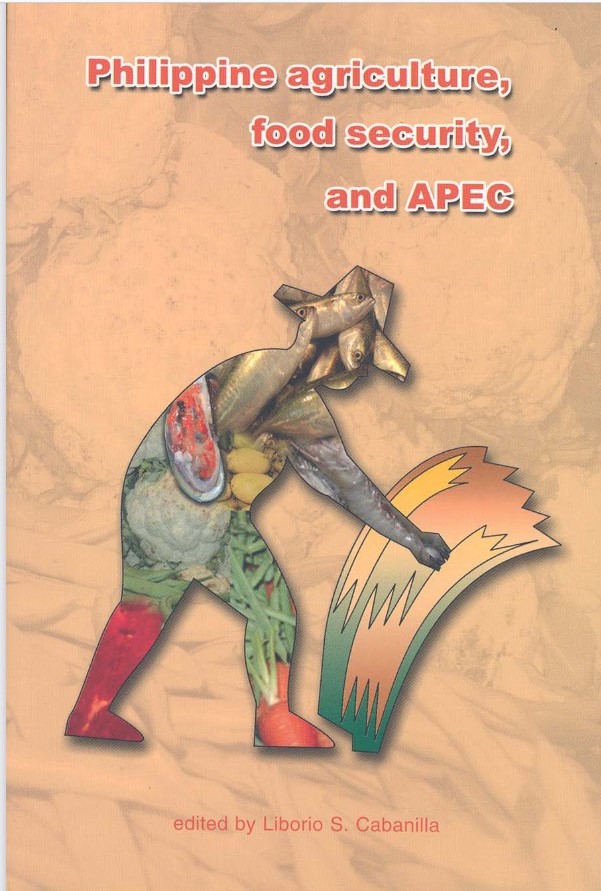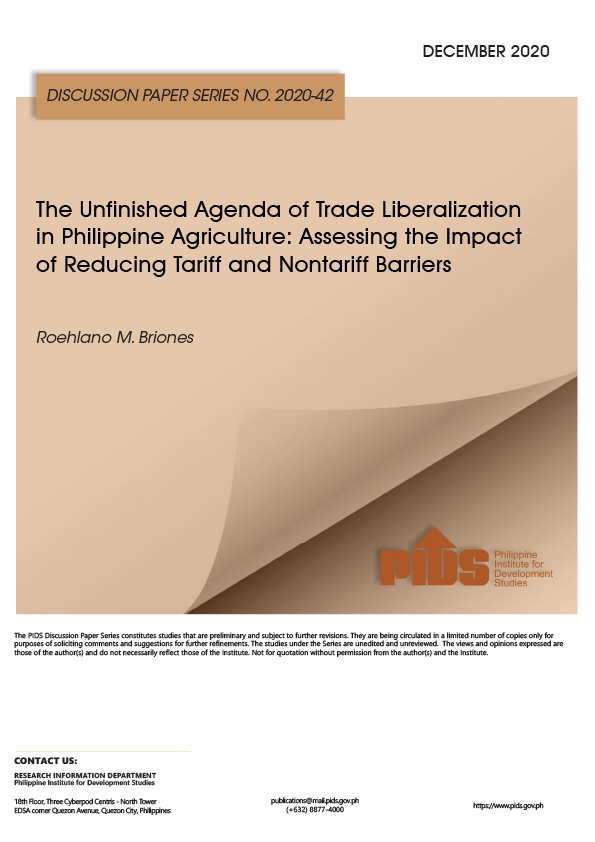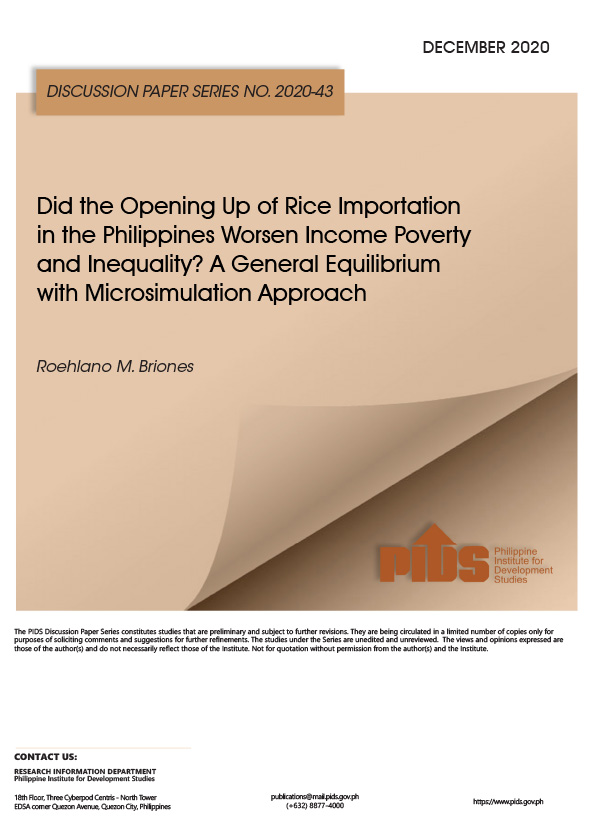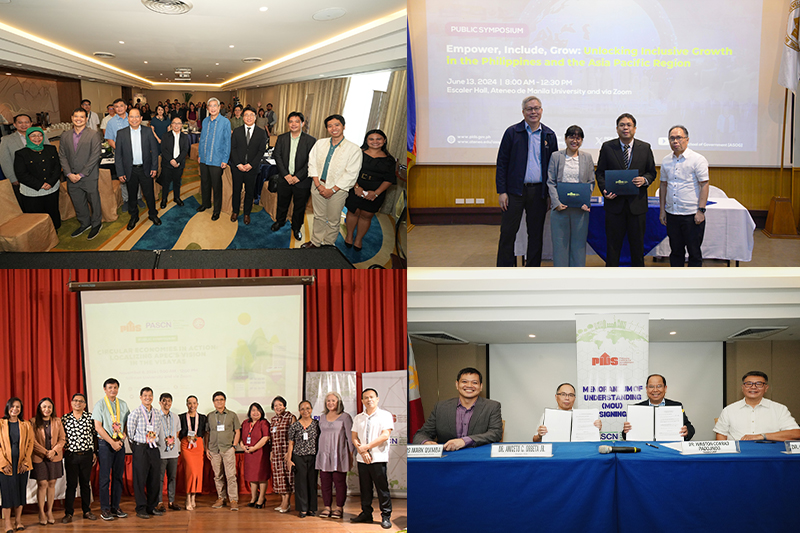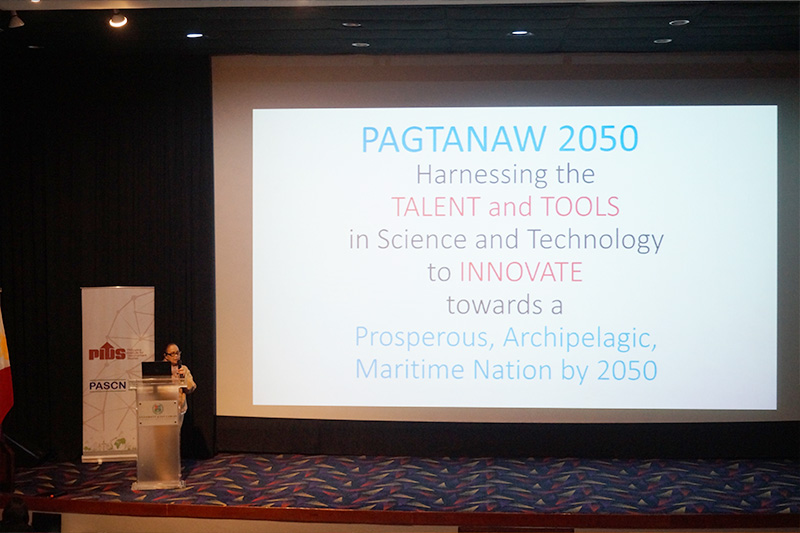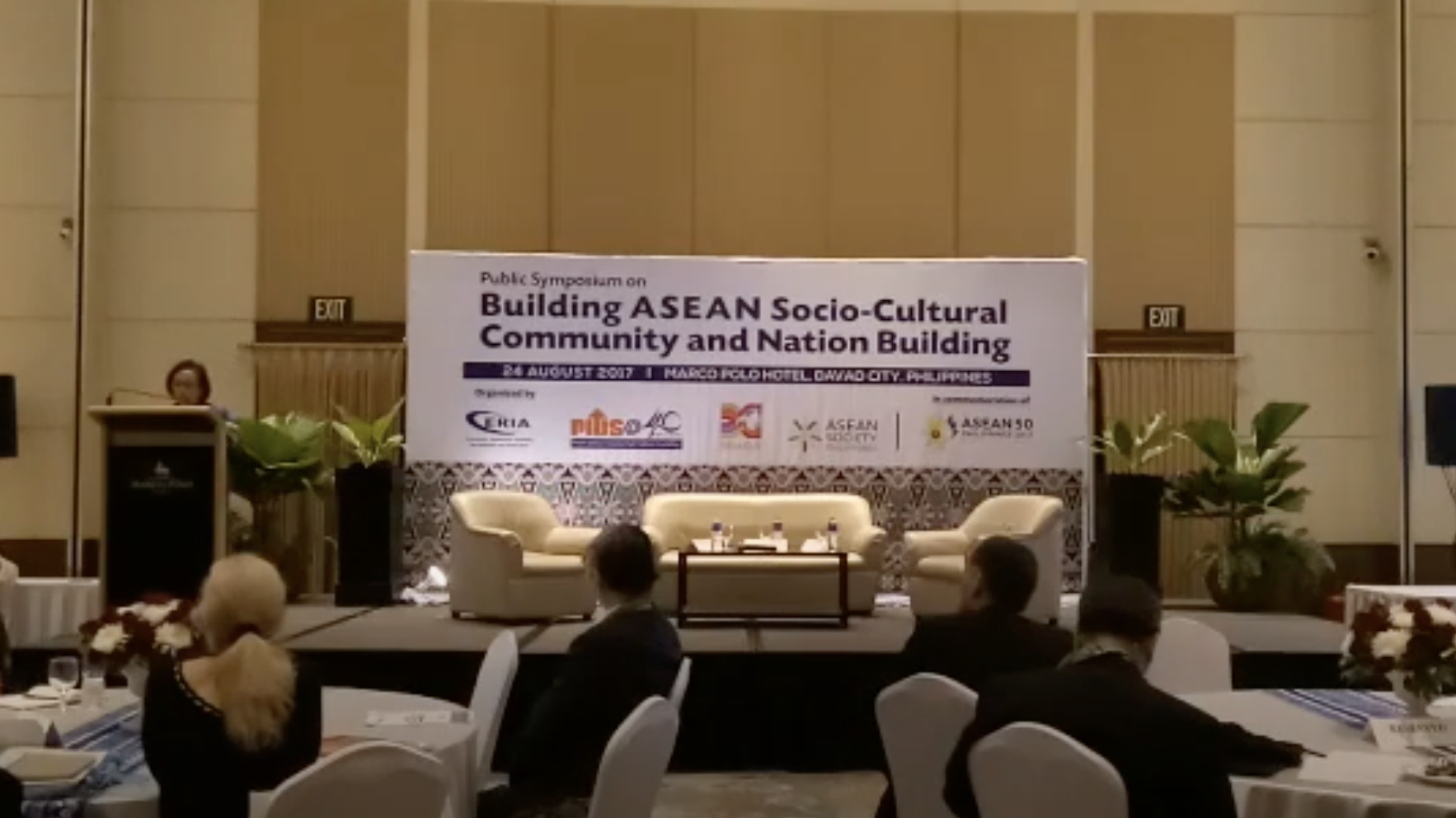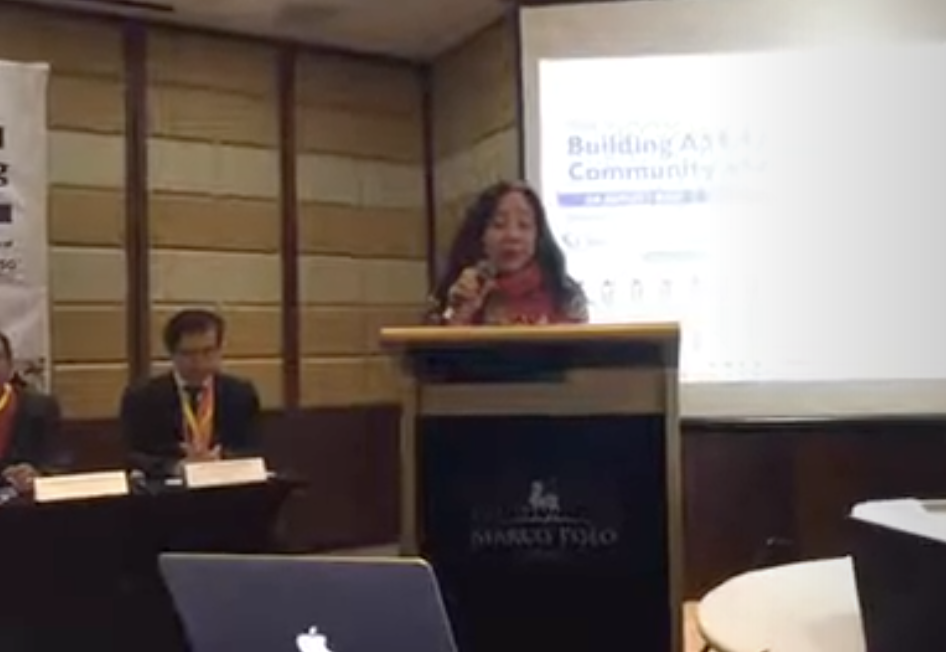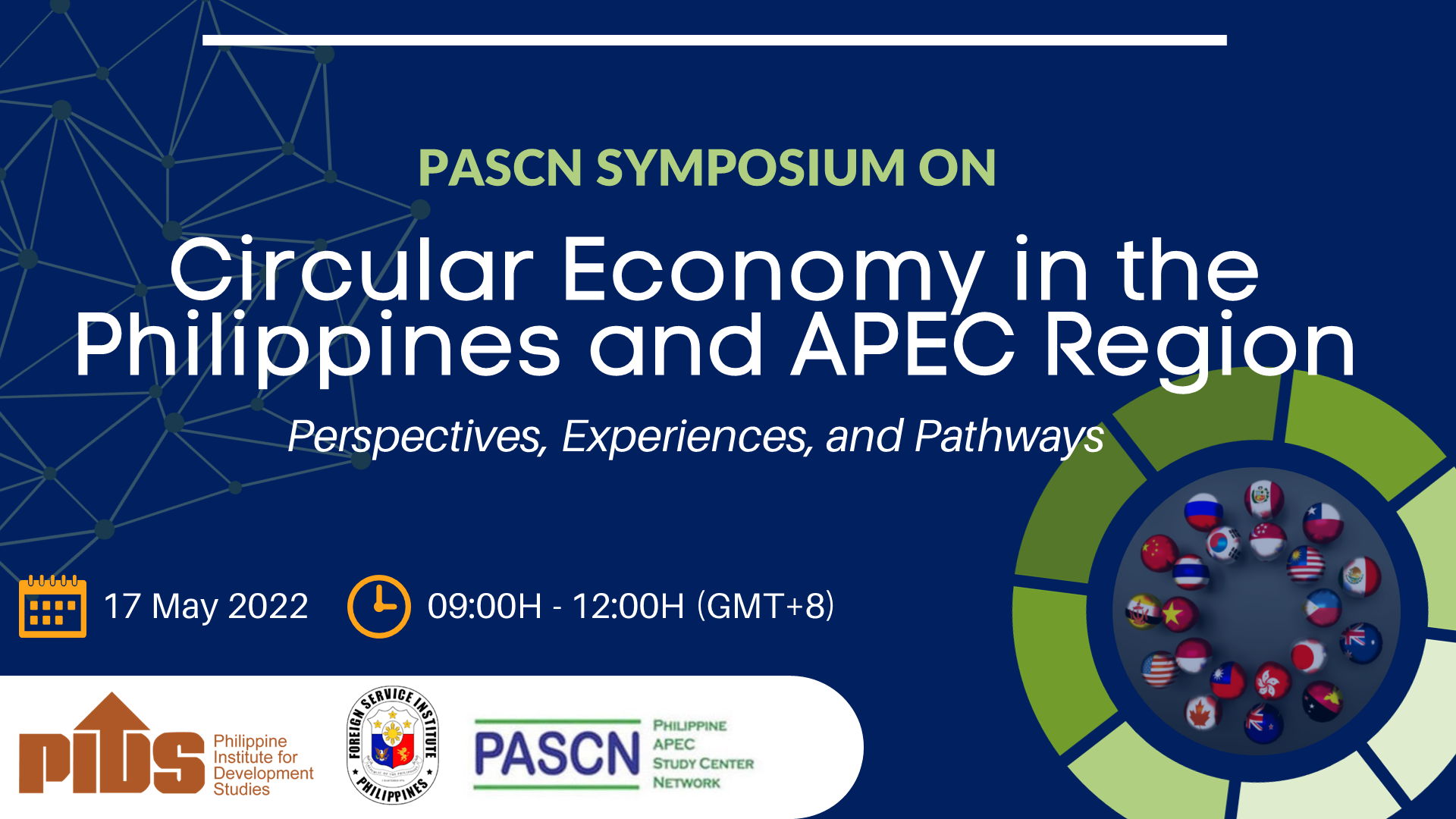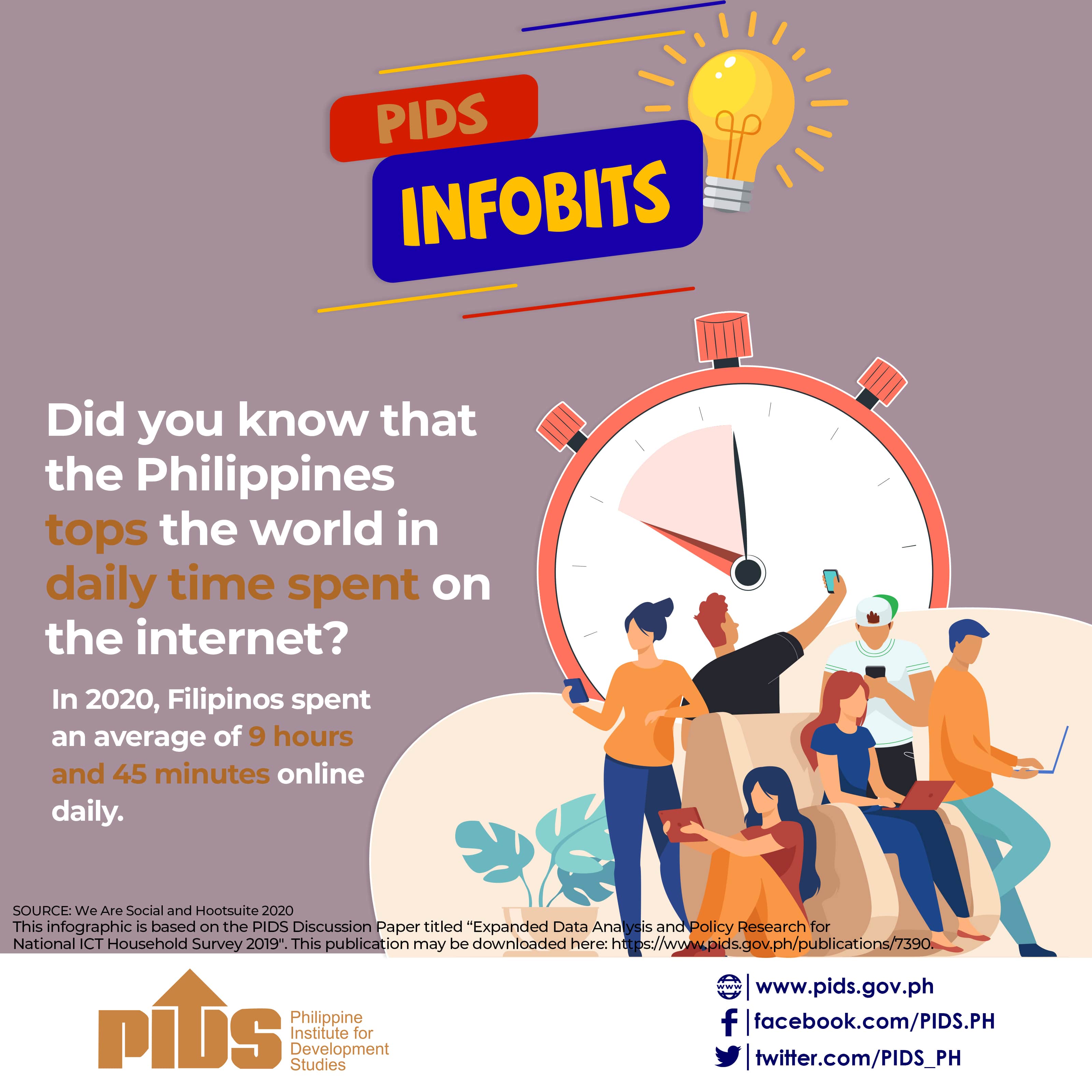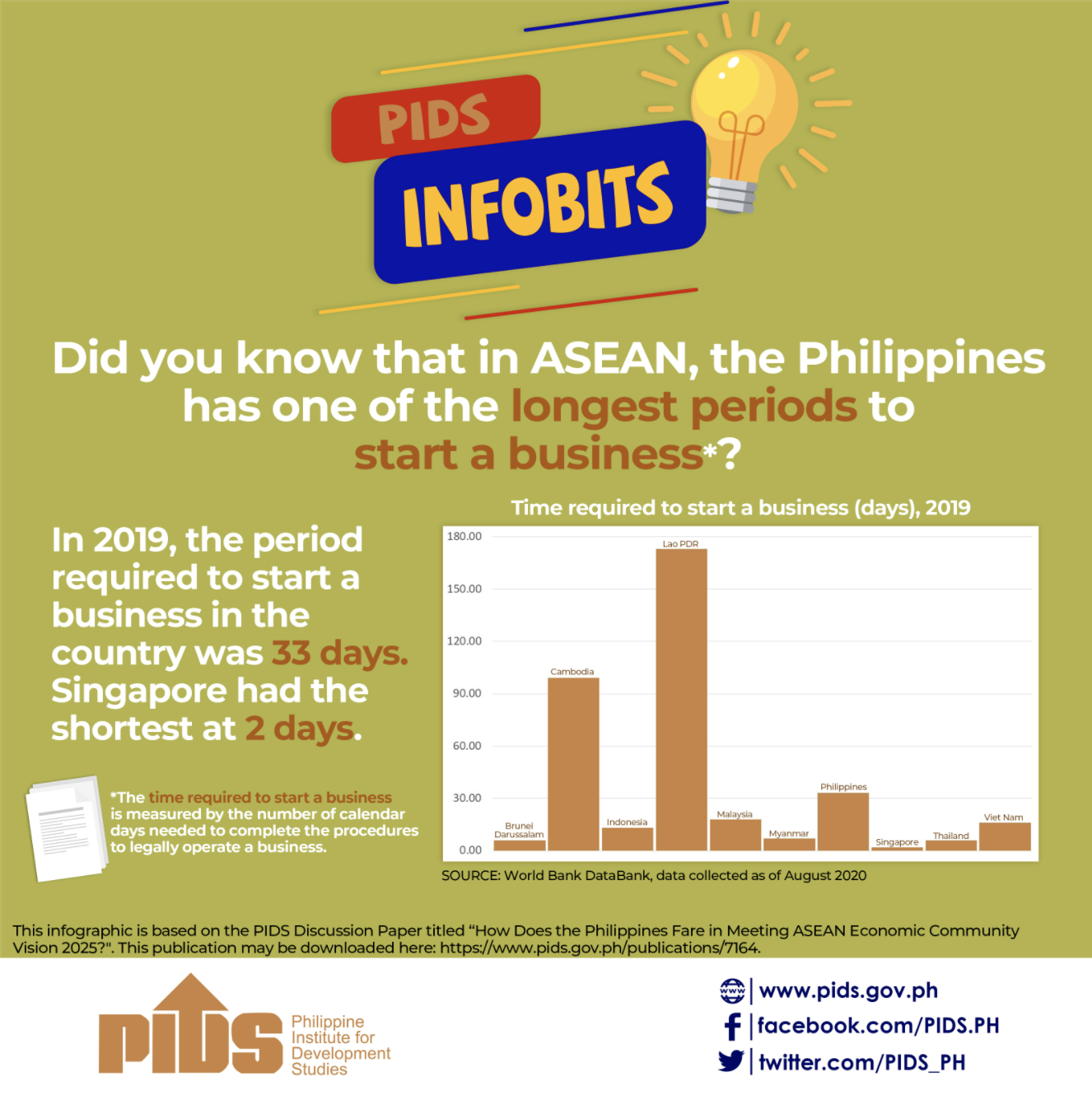Southeast Asian leaders should seriously consider jump-starting discussions on transforming Asean into the “European Union [EU] of the East” when they converge for the summit in Manila, according to experts.
Political analyst Ramon C. Casiple of the Institute for Political and Electoral Reform said the plan to turn the Asean into a single base market was already “long overdue”.
“The end goal, of course, was to deal with the rest of the world as a political bloc,” Casiple told the BusinessMirror, adding the Philippines would benefit from a single base market.
Ateneo de Manila University EagleWatch Senior Fellow Leonardo A. Lanzona Jr. said if Asean can trade as a single economic bloc like the EU, this will further boost
efforts tTo attain food security in the region. “Trading as a bloc may be preferred to explore the possibilities of cooperation and ensure food security,” Lanzona said.
Economist Pablito M. Villegas, president and CEO of agricultural think tank Meganomics Specialist International Inc., said Asean can tread the path taken by the EU and to take full advantage of its strength in agriculture.
However, Casiple said the aspiration to merge Asean member-countries into a political bloc would encounter a number of obstacles, including the absence of a common currency.
“Different countries with different currencies would have differing reception of the global market. As I see it, it would be a difficult task to reach a common currency with the varying economies of the Asean states,” he said.
Adopting one of the existing currencies of the Asean is not the proper way to resolve this, as doing so would disadvantage the developing member-nations, Casiple added.
The Philippines, he said, is one of the less-developed economies that would face difficulties if Asean decides to transform itself into a single political bloc.
“Our agriculture, mining, textile and other industries have yet to be developed. It would be difficult for us to keep up in the long run because we have not yet fully industrialized our modes of production,” Casiple said.
Former Tariff Commissioner George Manzano said trading as a single economic bloc will take a lot of work and cooperation.
Manzano said there is a need to harmonize tariffs indicated in bilateral agreements forged between Asean members and non-Asean countries.
For instance, the Philippines has a bilateral agreement with Japan—the Japan-Philippines Economic Partnership Agreement (Jpepa), which has eliminated or reduced tariffs on 95 percent of the industrial and agricultural products of the two countries.
Similar free-trade agreements (FTAs) have been made between Japan and other Asean countries—Indonesia, Brunei Darussalam and Thailand. Only Singapore has a bilateral with the European Union.
Manzao said these differences in trade policies across Asean countries are bound to affect the way goods are traded if the region decides to trade as one economic bloc.
‘Not ideal’
Economist Emmanuel A. Leyco of the Asian Institute of Management said it would be “impossible” for Asean member-countries to merge into a political bloc anytime soon.
He told the BusinessMirror that Asean countries do not enjoy the same political interaction, such as that of the EU. “Notably, Asean states are more diverse compared to European nations.”
Leyco said Asean is mostly concerned with the exchange of goods, which is why there’s a “general and polite consensus” among its members when it comes to trade deals and policies.
He also said he is doubtful over the possibility that the region can work as a single unit, adding that Asean members have more “competing interests”. To achieve a single-base market, Leyco said Asean members should define common and mutual interests.
“As long as these countries compete in hosting foreign investments, consider the single-base market just a dream. Remember, under a single-base market, regional interests are prioritized over national interests,” Leyco said.
He added it’s not ideal for the Asean states to discuss a single- base market now, given the tension in the South China Sea, which the economist deemed to be “a more urgent issue”.
Philippine Institute for Development Studies senior research fellow Roehlano Briones said Asean is, in a sense, already working as a single trading bloc.
“We are attempting to impose Asean centrality in various free- trade agreements, like Asean-China, Asean-Japan and Asean-Korea, among others. In a way, we are a trading bloc asserting Asean centrality because we are trying to form a single negotiating body for the Codex alimentarius,” Briones told the BusinessMirror.
However, Briones noted that Asean, unlike the EU, is not a customs union, where the member-countries apply the same tariff lines internally and externally.
“That I think would not be possible. I don’t think Asean members will adopt the same tariff. Say Thailand wants zero tariff on rice but the Philippines will insist that rice tariff should be at 35 percent as a form of protection,” he said.
Becoming a single trading bloc, Villegas said, requires fostering cooperating within the region. “We’re saying in unity there is strength, but there’s only unity in paper.”
Economists said Asean members should start making uniform trade rules, particularly those concerning nontariff measures.
“One reason it’s hard to lobby because within Asean members is the differences in trade rules. While there are Asean standards, Indonesia and the Philippines, for instance, have differing standards on meat,” Briones said.
With reports from Catherine N. Pillas and Jasper Emmanuel Y. Arcalas
Political analyst Ramon C. Casiple of the Institute for Political and Electoral Reform said the plan to turn the Asean into a single base market was already “long overdue”.
“The end goal, of course, was to deal with the rest of the world as a political bloc,” Casiple told the BusinessMirror, adding the Philippines would benefit from a single base market.
Ateneo de Manila University EagleWatch Senior Fellow Leonardo A. Lanzona Jr. said if Asean can trade as a single economic bloc like the EU, this will further boost
efforts tTo attain food security in the region. “Trading as a bloc may be preferred to explore the possibilities of cooperation and ensure food security,” Lanzona said.
Economist Pablito M. Villegas, president and CEO of agricultural think tank Meganomics Specialist International Inc., said Asean can tread the path taken by the EU and to take full advantage of its strength in agriculture.
However, Casiple said the aspiration to merge Asean member-countries into a political bloc would encounter a number of obstacles, including the absence of a common currency.
“Different countries with different currencies would have differing reception of the global market. As I see it, it would be a difficult task to reach a common currency with the varying economies of the Asean states,” he said.
Adopting one of the existing currencies of the Asean is not the proper way to resolve this, as doing so would disadvantage the developing member-nations, Casiple added.
The Philippines, he said, is one of the less-developed economies that would face difficulties if Asean decides to transform itself into a single political bloc.
“Our agriculture, mining, textile and other industries have yet to be developed. It would be difficult for us to keep up in the long run because we have not yet fully industrialized our modes of production,” Casiple said.
Former Tariff Commissioner George Manzano said trading as a single economic bloc will take a lot of work and cooperation.
Manzano said there is a need to harmonize tariffs indicated in bilateral agreements forged between Asean members and non-Asean countries.
For instance, the Philippines has a bilateral agreement with Japan—the Japan-Philippines Economic Partnership Agreement (Jpepa), which has eliminated or reduced tariffs on 95 percent of the industrial and agricultural products of the two countries.
Similar free-trade agreements (FTAs) have been made between Japan and other Asean countries—Indonesia, Brunei Darussalam and Thailand. Only Singapore has a bilateral with the European Union.
Manzao said these differences in trade policies across Asean countries are bound to affect the way goods are traded if the region decides to trade as one economic bloc.
‘Not ideal’
Economist Emmanuel A. Leyco of the Asian Institute of Management said it would be “impossible” for Asean member-countries to merge into a political bloc anytime soon.
He told the BusinessMirror that Asean countries do not enjoy the same political interaction, such as that of the EU. “Notably, Asean states are more diverse compared to European nations.”
Leyco said Asean is mostly concerned with the exchange of goods, which is why there’s a “general and polite consensus” among its members when it comes to trade deals and policies.
He also said he is doubtful over the possibility that the region can work as a single unit, adding that Asean members have more “competing interests”. To achieve a single-base market, Leyco said Asean members should define common and mutual interests.
“As long as these countries compete in hosting foreign investments, consider the single-base market just a dream. Remember, under a single-base market, regional interests are prioritized over national interests,” Leyco said.
He added it’s not ideal for the Asean states to discuss a single- base market now, given the tension in the South China Sea, which the economist deemed to be “a more urgent issue”.
Philippine Institute for Development Studies senior research fellow Roehlano Briones said Asean is, in a sense, already working as a single trading bloc.
“We are attempting to impose Asean centrality in various free- trade agreements, like Asean-China, Asean-Japan and Asean-Korea, among others. In a way, we are a trading bloc asserting Asean centrality because we are trying to form a single negotiating body for the Codex alimentarius,” Briones told the BusinessMirror.
However, Briones noted that Asean, unlike the EU, is not a customs union, where the member-countries apply the same tariff lines internally and externally.
“That I think would not be possible. I don’t think Asean members will adopt the same tariff. Say Thailand wants zero tariff on rice but the Philippines will insist that rice tariff should be at 35 percent as a form of protection,” he said.
Becoming a single trading bloc, Villegas said, requires fostering cooperating within the region. “We’re saying in unity there is strength, but there’s only unity in paper.”
Economists said Asean members should start making uniform trade rules, particularly those concerning nontariff measures.
“One reason it’s hard to lobby because within Asean members is the differences in trade rules. While there are Asean standards, Indonesia and the Philippines, for instance, have differing standards on meat,” Briones said.
With reports from Catherine N. Pillas and Jasper Emmanuel Y. Arcalas

